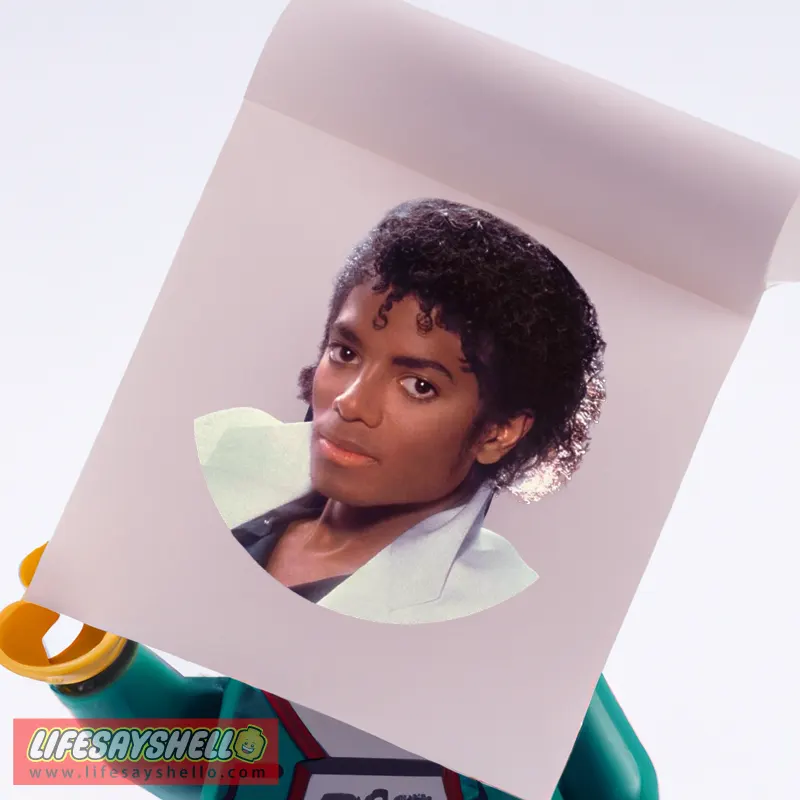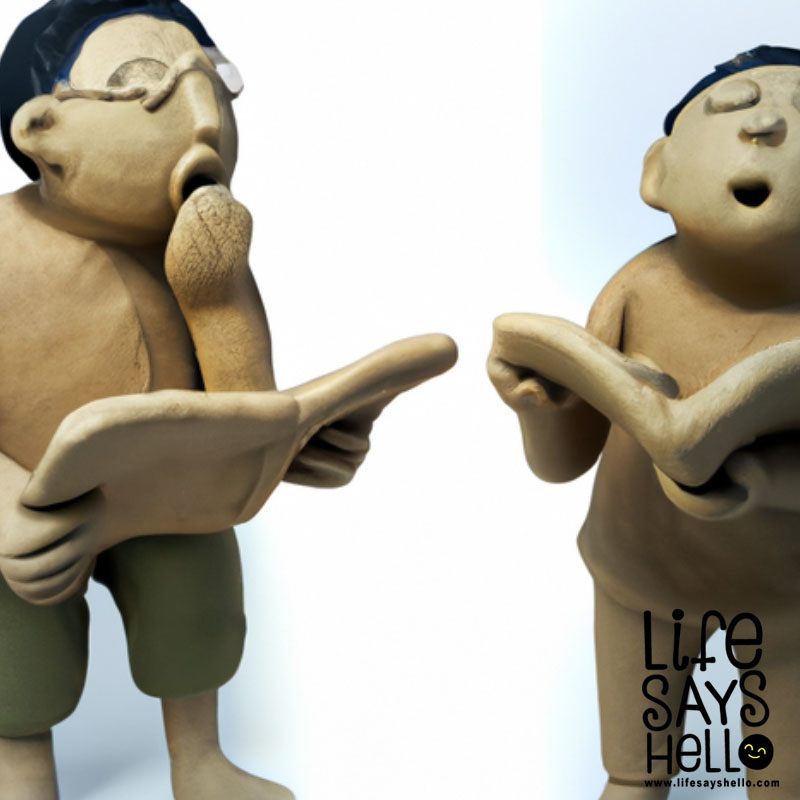Who Really Killed Michael Jackson? Revisiting the King of Pop's Tragic Death

The shocking death of Michael Jackson on June 25, 2009 stunned the world. At just 50 years old, the King of Pop’s early demise felt cruelly premature. But what exactly caused Jackson’s untimely death? Over 10 years later, questions still linger about the role that Dr. Conrad Murray, along with Jackson’s inner circle and the larger systems around him, may have played in his accidental overdose.
When paramedics arrived at Jackson’s Los Angeles home on that fateful afternoon, he was already in cardiac arrest. As they rushed him to the hospital, they tried in vain to revive him, but he was pronounced dead within hours. The official cause was acute propofol intoxication - an overdose of the powerful surgical anesthetic that his personal physician, Dr. Murray, had been administering to help him sleep. Jackson also had a cocktail of other drugs in his system by the time of his death.
In the months that followed, a grim picture emerged of a brilliant artist enabled and exploited by those around him. While Murray took the fall, some feel that Jackson’s death could have been prevented if not for systemic failures and negligent care over many years. Revisiting the details surrounding his demise provides important perspective on the limits of enabling behavior - lessons that could protect other talented creators.
Dr. Conrad Murray’s Culpability
As Jackson’s personal doctor, Conrad Murray was the person who physically injected the dose of propofol that killed him. Jackson had relied on propofol and other substances for years to cope with chronic insomnia, and it was Murray who continued to provide these drugs. He was found guilty of involuntary manslaughter and sentenced to four years in prison (though he only served two).
Throughout the trial, Murray remained unremorseful. His defense tried unsuccessfully to argue that Jackson had actually administered the fatal dose himself while unattended. But overwhelming evidence showed Murray’s recklessness in using propofol routinely as a sleep aid, without proper monitoring. His negligence came at the ultimate cost.
Jackson’s History of Substance Abuse
While Murray was culpable, he did not act alone. Jackson had a long history of reliance on drugs like propofol, enabled by a sequence of doctors who were happy to oblige. Insomnia was a lifelong struggle for Jackson, and he increasingly used medications to cope. In the weeks before his death, as he rehearsed for an ambitious comeback tour, this dangerous cocktail of drugs accelerated.
In multiple autopsy reports, coroners noted that Jackson’s overall health was deteriorating. He was also underweight and fatigued from intense rehearsals. Yet even as red flags mounted, those responsible for Jackson’s well-being did little. Murray was just one in a succession of physicians who chose to feed, rather than treat, Jackson’s addiction issues.
Speculation About Other Contributing Factors
Given the severity of Jackson’s dependence, questions have swirled about what other parties might hold responsibility for his premature death. Some have pointed fingers at figures in Jackson’s inner circle, from bodyguards to managers and promoters, for enabling or ignoring clear warning signs.
His planned tour promoter, AEG Live, faced criticism for pushing an exhausted Jackson beyond his limits - though nothing was proven definitively in court. Ultimately, no individual or company faced convictions beyond Murray. But many believe a perfect storm of exploitation, negligence and greed conspired to cut Jackson’s life tragically short.
Lasting Questions About His Death
If Jackson’s death had been caused by a single rogue doctor, the situation would be tidy. But the full truth seems far more complex. While Murray deserved punishment, Jackson himself clearly struggled with dependence issues that were placated rather than addressed. Powerful systems - from debt to demanding performances - also aligned to push him to a breaking point.
Looking back over a decade later, the full accountability for Jackson’s wholly preventable demise remains elusive. For fans, the tragedy is compounded by the knowledge that his sublime music catalog feels incomplete. Yet the most meaningful legacy may be acknowledging the cautionary lessons of Jackson’s life and final months.
Even brilliant creatives have human limits. Enabling behavior can turn deadly over time. And more ethical stewardship could have saved this singer’s life - as it might for others still with us today.
Conclusion
Michael Jackson’s legendary musical legacy will endure for generations. But the king of pop’s shocking early death was also a wake up call. While Murray was rightfully convicted, he was just one player in a system that failed to protect Jackson’s basic health. Re-examining the missteps and negligence that led to his overdose is a reminder of the safeguards needed to preserve fragile artistic talent. Jackson’s life was ultimately cut short by a tangle of exploitation, addiction and tragedy. May his story serve as a cautionary tale as we shepherd the creators of today.




Comments